Embezzlement


 Definition of embezzlement
Definition of embezzlement
Embezzlement literally means taking away government property or assets. But in jurisprudential terms, embezzlement means stealing another movable property from non-amulets and through trickery and resorting to force. From a legal point of view, embezzlement is the seizure of money or property belonging to the government and the treasury or objects entrusted to a government employee or public service official, both formal and informal, and other revolutionary institutions.
Thus, embezzlement is one of the abuses of government employees and officials in public services, which are committed due to the performance of duties on public property and funds and the treasury or belonging to the persons to whom it is entrusted. In other words, embezzlement is a special type of betrayal of trust that government officials commit through misappropriation of funds and property entrusted to them on duty.
The subject of the crime of embezzlement
The subject of the crime of embezzlement does not include immovable property and is related to movable property; Of course, the movable property subject to embezzlement in the first stage includes all movable property belonging to the government and the treasury, such as funds, receivables, remittances, shares, documents and securities belonging to any government organization and institution, and in the next stage, includes all property belonging to It is for natural persons entrusted to government employees and employees, both formal and informal, and public service officials and other revolutionary institutions and government companies and institutions that are run with the continuous assistance of the government, on the occasion of performing their duties.
Factors influencing the crime of embezzlement
The realization of the material element of the crime of embezzlement is subject to the existence of special conditions and preconditions, the position of the perpetrator of the crime and the relationship of the existence of a trust according to the state employment law. The perpetrator of the crime of embezzlement, who is an employee of the government or other revolutionary institutions, must carry out his criminal act in the form of seizure or misappropriation of state movable property or real personal property entrusted to him on the occasion of duty; For example, an employee of an economic mobilization who is in charge of a warehouse for sugar or oil, knowingly and colluding with one of the distributors of these goods during delivery, sells some government property (for example, one ton more than a quota) to the same sales agent. Be delivered and this is discovered by the agents; Or the same person uses a list and fake invoices to take some goods out of stock; Or one of the bank employees withdraws money from the savings account and fixed deposit of one of the customers and consumes it and this case is discovered.
In addition, the crime of embezzlement by monopolies by government employees and public service agents can be committed. Therefore, if government property is seized or withdrawn by ordinary people, such as the transfer of government goods to persons such as transport operators or drivers, it can be prosecuted as treason. Even if government property is not entrusted to ordinary people, taking this property as theft can be prosecuted.
Is it necessary to commit the crime of embezzlement with criminal intent?
In order to commit the crime of embezzlement, it is necessary for the perpetrator to temporarily or permanently seize government property or property belonging to persons entrusted to him on the occasion of his duty. Otherwise, if an employee of the fiscal government who has been entrusted to him with duty is removed from the main place without any malicious intention and only for the purpose of protection and maintenance, the action of such an agent due to lack of malicious intent It will not be considered embezzlement. In addition, the embezzlement of damages owed by the government or a natural person to the employee is a condition for the embezzlement of damages, but it is not a condition for the employee to benefit, but another person may benefit from the employee’s criminal act. Therefore, embezzlement of government property or belonging to persons in the custody of an employee is due to negligence or negligence or negligence will not be considered embezzlement.
 Punishment for the crime of embezzlement
Punishment for the crime of embezzlement
If the amount of embezzlement is up to fifty thousand Rials, the punishment for the perpetrator will be six months to three years of imprisonment and six months to three years of temporary suspension; However, if the amount of embezzlement is more than fifty thousand rials, the punishment for the employee will be two to ten years of imprisonment and permanent dismissal from government services. In addition, in each case, the perpetrator will be fined twice as much as the embezzled money or property.
In addition, if the perpetrator is in the rank of general manager or higher or equal to them, to permanent dismissal from government services and if it is in a lower rank, as mentioned; will be sentenced to six months to three years of temporary suspension from government service. Also, the punishment of an employee who intentionally or partially destroys or destroys all or part of the property of the government or of the persons entrusted to him on duty, his action will be subject to the punishment of embezzlement according to the case and the amount of that property. In addition, the crime of embezzlement is a crime that has a public status and is unforgivable. Therefore, after the victim forgives the crime, the prosecution and punishment will not be stopped.
To file an embezzlement lawsuit, you can contact the Asia Lawyers Group so that our consultants and lawyers will accompany you with the best guidance in reaching the final goal.


